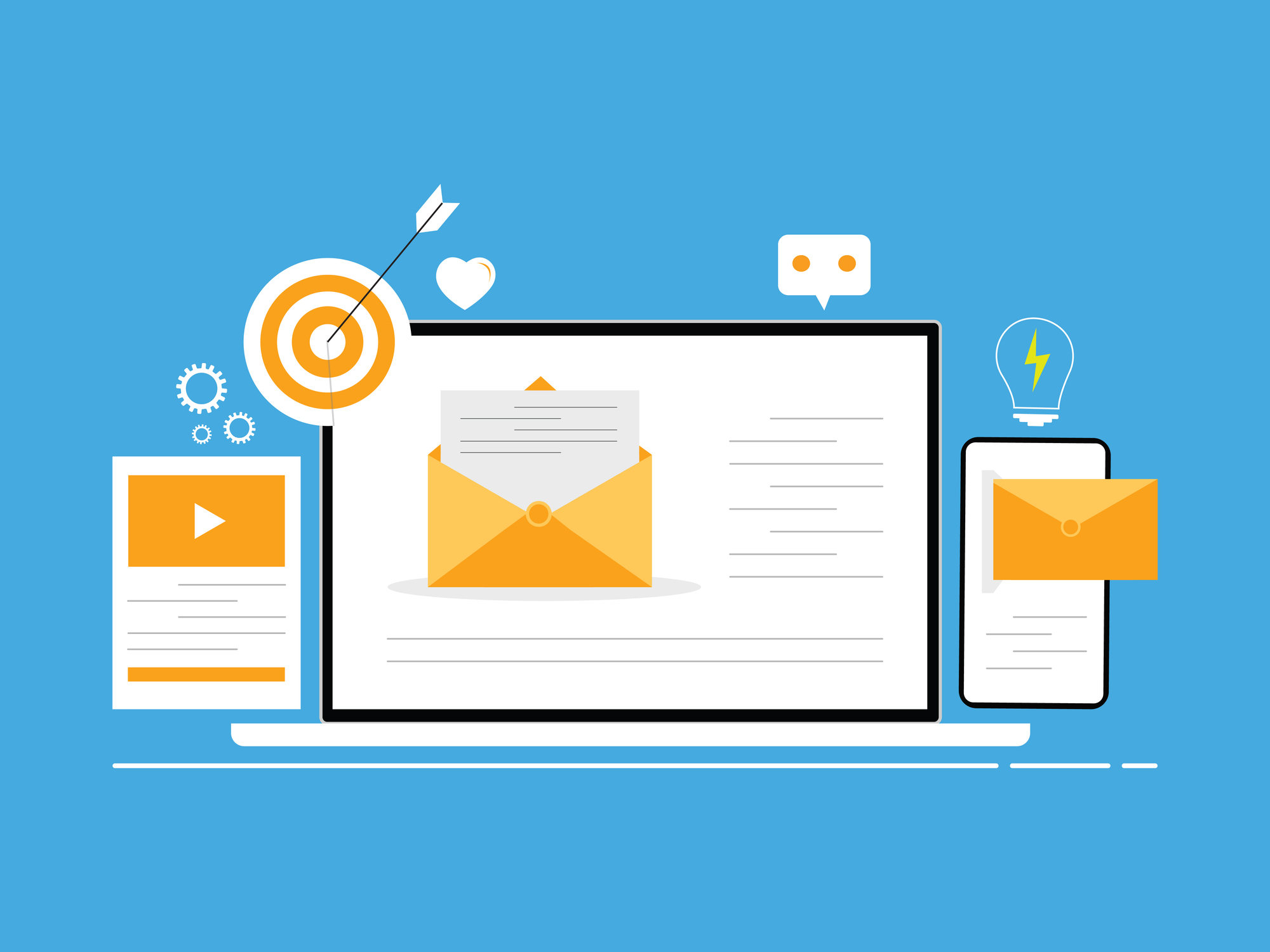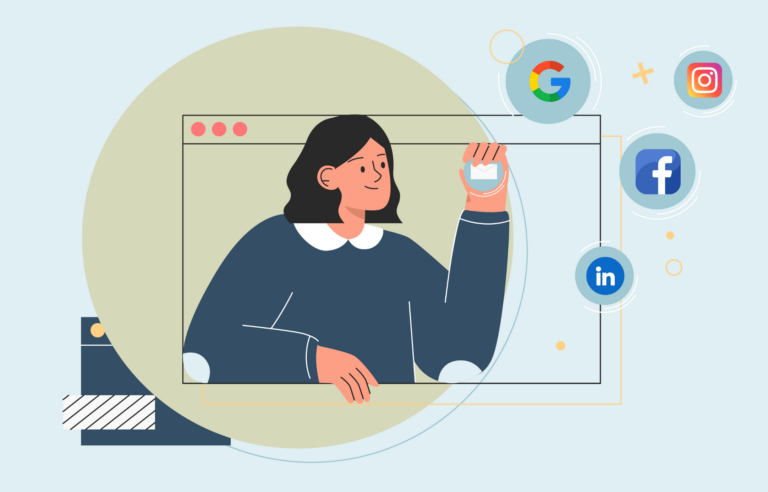
If you’re a small business owner, why should you care about “always-on marketing”?
The old school of marketing was built around campaigns. If you had a new product or wanted to run a promotion, you would pay for ads in the newspaper, get a billboard, run a radio commercial, or in today’s terms, pay for a one-off Facebook ad. You’d blast your target audience with ads and use limited-time offers to promote a sense of urgency.
Always-on marketing isn’t about a radical difference in what you do to promote your products, so much as a different mindset.
What is always-on marketing?
Always-on marketing focuses on being in front of the customer as they are deciding to purchase your product or service, instead of trying to reel them in when they aren’t necessarily interested or ready to buy.
With the help of website tracking, search engines, and social media channels that have super-smart algorithms, it’s easy to find customers who want to purchase your product or service now.
It’s a slow and steady approach that targets people who are the most likely to become a customer first.
Who should invest in it?
It all depends on how your customers buy. If people take time to research before making a purchasing decision, then always-on marketing is going to automatically make sense for you. Why? Because you need to make sure you’re top of mind. You need to be there when they are Googling a product, reading reviews or blogs, and consuming information.
What are the benefits of always-on marketing?
- It’s less risky than a splashy campaign because you aren’t putting all of your budget against one big idea that could flop.
- You can continuously optimize over many months.
- It requires long-term investment but gets your business long-term gains.
- The leads you gather are more likely to be qualified because you’re meeting customers during their buying cycle, instead of trying to get them to purchase during your timeframe.
Are there downsides to always-on marketing?
Any time you want to meet customers where they are, it means being patient. With an always-on campaign, you may not get a sudden influx of leads like with a big campaign, but the leads you do get are more likely to be high quality.
What kinds of tactics are typically used in always-on marketing?
Almost any channel can be triggered off of buyer actions, but here are a few common ones:
- Paid search ads: These show up when someone searches for something related to your business. For instance, an HVAC company would show up for HVAC repair near me.
- Remarketing ads: Any time a visitor comes to your website, they are tagged. They will see ads across the internet encouraging them to come back to your website.
- Blog content and organic SEO strategies based on common search engine queries.
- Email marketing automation: Send a series of emails based on an action someone takes on your website or when they sign up, and change the email content they receive based on how they interact with your emails.
When should you launch a traditional marketing campaign?
A one-off campaign makes sense when you’re trying to stand out from a crowded marketplace with a one-time offer or special promotion.
Now, what if your product is an impulse buy or a seasonal/cyclical product? It might make sense to blast out all the information at once. However, keep in mind that building trust with your audience takes time.
It’s much easier to make a sale when your customers:
- Have an awareness of their need for a product
- Understand what the product or service does
- Understand how the product is superior or different from the competition
- Remember that your brand is the choice they want to make
That’s why we always recommend our clients keep *something* on, even during a slow time of year. At a minimum, keeping retargeting ads on or continuing to grow your email list primes the pumps for later in the year when you’re looking to get sales.
If you’ve had marketing turned on, you have something your competitors won’t have: DATA.
- Data is a marketer’s dream. When you have marketing already on, you have a baseline from which to better measure the success of your one-time campaign.
- Perhaps even more importantly, you’ll have data to feed to Facebook and Google on who is your target audience.
- You’ll be able to more accurately spend your one-time budget.
So how do one-off campaigns and always-on marketing fit together?
The short answer is, it’s complicated! But as a business owner, you need to have the flexibility to turn up the marketing when you need to increase your sales. Always on marketing ensures that you are always growing your business’s email lists, leads, and overall digital footprint. When you have a special offer or want to do a big push, you can invest in a larger campaign – always-on marketing is a way to pick up leads regularly AND better prepares you for a more expensive campaign.
Want help deciding how to manage your marketing budget?
If you want to learn more about what kinds of activities your business should be doing regularly and balancing your marketing budget, or you want help planning an upcoming campaign, send us a note about your business needs! We are experts in optimizing our clients’ marketing for the lowest cost and highest lead quality.



